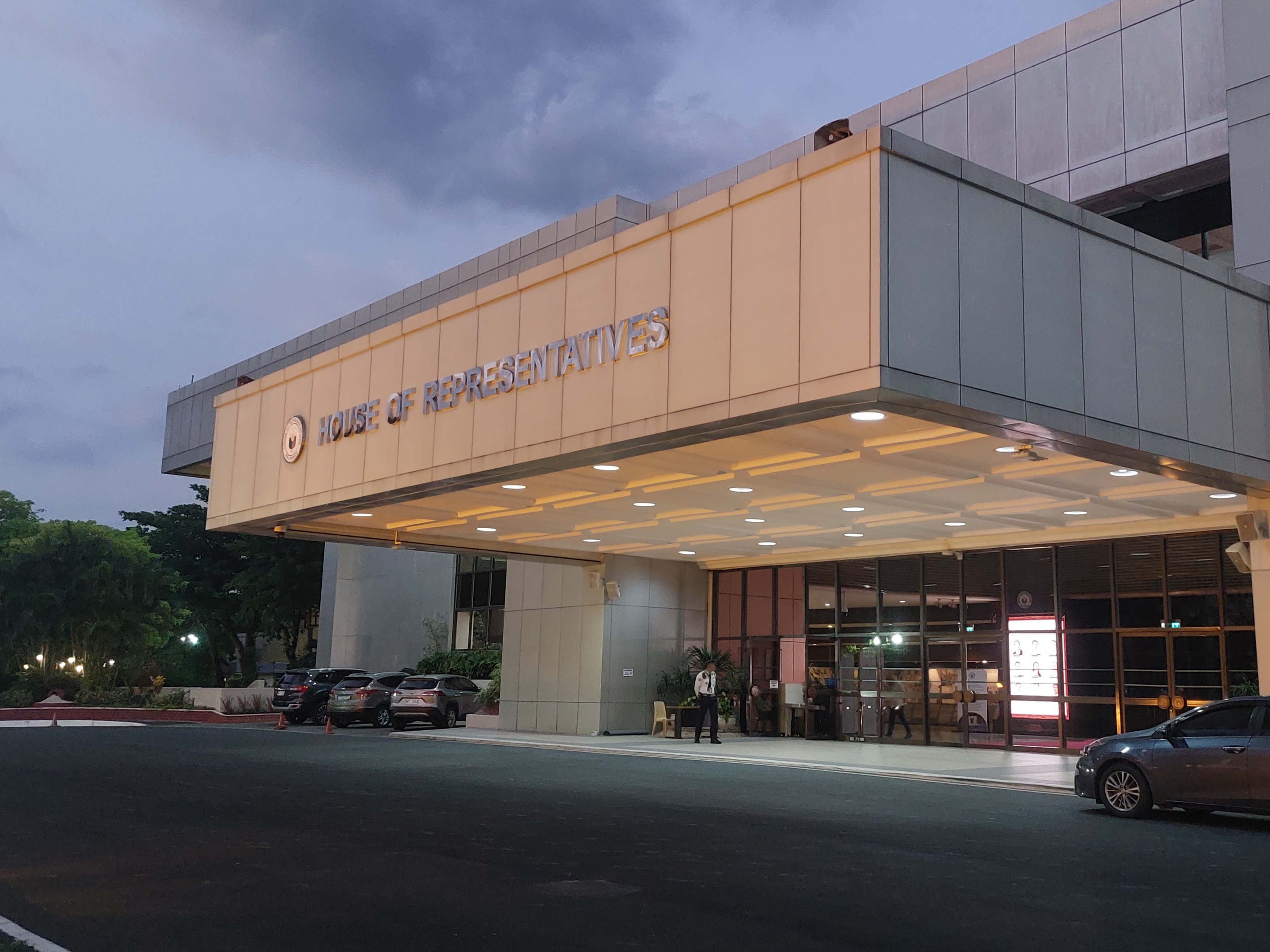Foreign workers to be deported after POGO ban, DOLE exec tells House
At A Glance
- A top official of the Department of Labor and Employment (DOLE) confirmed to a House of Representatives joint panel that foreign nationals engaged in Philippine Offshore Gaming Operators (POGOs) will be promptly deported following the ban on the industry that was announced by President Marcos.
 House of Representatives (Ellson Quismorio/ MANILA BULLETIN)
House of Representatives (Ellson Quismorio/ MANILA BULLETIN)
A top official of the Department of Labor and Employment (DOLE) confirmed to a House of Representatives joint panel that foreign nationals engaged in Philippine Offshore Gaming Operators (POGOs) will be promptly deported following the ban on the industry that was announced by President Marcos.
DOLE Undersecretary Felipe Egargo Jr. made this remark during the joint hearing of the House Committees on Public Order and on Safety and Games and Amusement on Tuesday, July 23, in relation to the criminal activities linked with POGOs.
“The foreign nationals will be deported immediately by the Bureau of Immigration (BI) the moment their license will be canceled and their working visa will be canceled,” said Egargo.
This was later confirmed in a statement by BI Commissioner Norman Tansingco, who said his agency would coordinate with the Philippine Amusement and Gaming Corporation (Pagcor) and DOLE for the cancellation of permits issued to online gambling companies and its foreign employers and their respective visas.
According to Tansingco, the BI has already deported over 2,300 foreign nationals employed by these gambling companies.
In recent months, several raids in POGO hubs across the country revealed troubling links to various crimes such as torture, murder, kidnapping, and prostitution.
Egargo, however, told the joint panel that DOLE’s priority in the coming months was not the foreign workers but rather the Filipinos who will be displaced by the closure of POGO operations.
“We guarantee the esteemed lawmakers that the Department of Labor and Employment is willing and able to provide employment opportunities for the displaced workers,” he said.
Based on figures released by Pagcor, about 40,000 Filipino workers—employed directly or indirectly—would be affected by the government’s ban.
“We must strike a balance between promoting economic growth and safeguarding the welfare of our citizens and the best interest of our country,” Egargo explained to the House members.